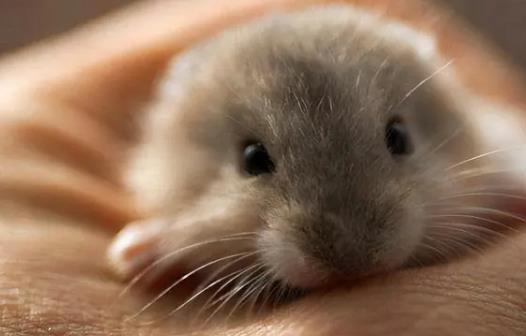Baby hamsters will consciously start to eat independently at around twenty days old, but the staple food must be professional hamster food. Specifically, baby hamsters begin to try solid foods such as seeds, grains, fruits, and vegetables at around three weeks after birth. When they are one month old, baby hamsters can start to try hamster food and gradually be weaned.

Dietary Recommendations at Different Stages
- Lactation Period: The lactation period of baby hamsters is relatively short. Generally, weaning can be considered at around three weeks. If there are a large number of baby hamsters in a litter, the weaning period can be appropriately extended to four weeks.
- After Weaning: One-month-old baby hamsters can start to try hamster food, but the staple food must be professional hamster food. At this time, the hamster weighs about 30 grams, and about 6 grams of food should be fed every day.
- Growth Stage: As the hamster grows, its diet can gradually become more diverse. Supplementary foods include fresh fruits and vegetables, which can be fed two or three times a week. Snacks such as nuts like sesame seeds and sunflower seeds should be fed in small amounts, at most once a week. In addition, high-protein foods such as mealworms and boiled egg whites can also be added in an appropriate amount, but not too much.
The Impact of Diet on Hamster Health
A reasonable diet is the key to ensuring the health of hamsters. Hamsters need a balanced intake of nutrients, including protein, fat, carbohydrates, etc. Overfeeding foods high in fat and sugar may cause hamsters to get irritated and gain weight, affecting their health. Therefore, owners should adjust the diet according to the hamster's age, body size, and activity level to ensure that they get enough nutrients while avoiding obesity and other health problems.
